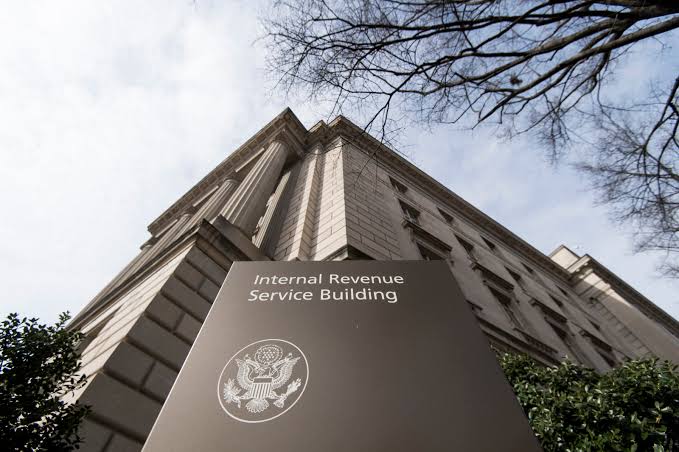The Internal Revenue System (IRS) in the US released its new guidelines on crypto taxation. The tax laws applicable to crypto investments confine under capital gains tax. It means that crypto is to be taxed like any other property investment. All in all, the guidelines were consistent with property investment in the US.
While other aspects did not raise any significant concerns, the rules on ‘airdrops’ and ‘hard forks’ created a lot of stir. According to the laws,
“If a hard fork is followed by an airdrop and you receive new cryptocurrency, you will have taxable income in the taxable year you receive that cryptocurrency.”
This echoes with numerous hard forks carried out on Bitcoin itself. Bitcoin Cash and Bitcoin SV being the most popular ones. The added accountability clause aggravates some crypto investors. They argue that they did not vote for the hard-fork or might not even have knowledge of it.
Furthermore, the accessibility of the funds on different exchanges and calculating their Fair Market Value becomes a highly cumbersome job. Moreover, the IRS affirms that the airdrops must be taxed completely in the same year. James Lopp, the CTO of CasaHodl called the guideless a ‘hot mess.’ He tweeted,
Today's IRS guidance is a hot mess.
1. What if you have keys but no software from which to spend the asset?
2. What if you never sell or transfer the asset and it drops 90% in value?
3. What's the value if the asset isn't even trading at the time of fork?https://t.co/jJ5SdXU72i pic.twitter.com/SpTOIOKqg0— Jameson Lopp (@lopp) October 9, 2019
According to the IRS, when the investor acquires the ability to sell or transfer the airdrop, it must be recorded as a receipt. However, the fluctuation in price and the lack of knowledge in some participants about the fork itself raise heaps of ambiguity for the taxpayer.
Read More: South Korea Supports Blockchain with Tax Credit
Fair Market Value and 1099-K
Moreover, investors are required to keep records of their investment and the P/L for a given year. To account for the volatility in the price of cryptocurrencies, their FMV would be determined at an exact time and date, using a reliable explorer recording ‘worldwide crypto indices.’
On a brighter note for investors receiving 1099-K from the IRS on self transfers, Crypto Tax Girl tweeted,
“Important to note – transferring coins between your own wallets/exchanges/accounts is not taxable, even if you receive a 1099-K, or other documents from an exchange showing that these were taxable events”
Apart from the rule on the hard fork and their disposition, no other alarms were raised. Moreover, while it potentially creates pandemonium now, the added accountability does seem necessary for space.
Bitcoin TAX Myths! How to Avoid the Headache with Cointracking. Watch the Video!!!
Source: coingape.com





